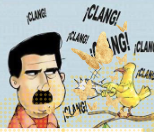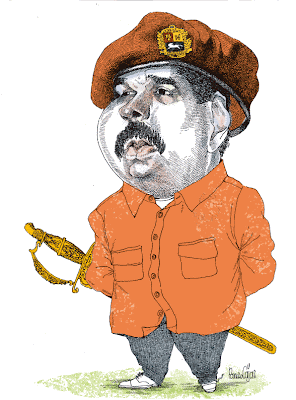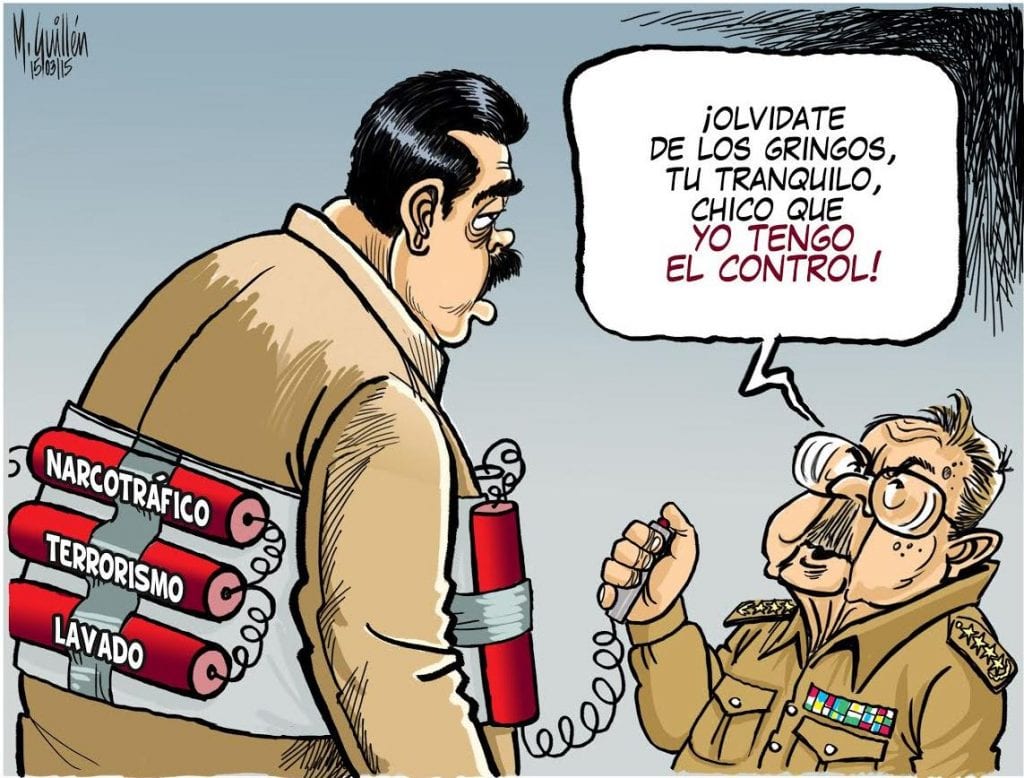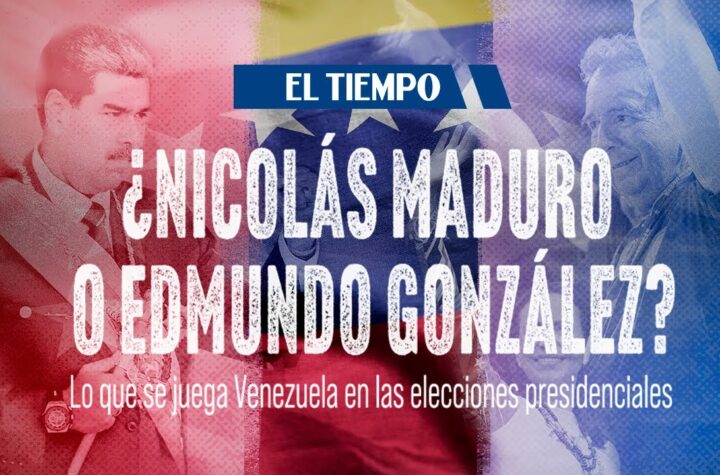
Retrieved from CITGO
By Alfredo Michelena
The recent decision by the US government to allow the sale of CITGO, a major Venezuelan state asset, has caused controversy and criticism. This decision comes after the Legitimate National Assembly (LNA) decided not to renew the interim government, which had been formed in an effort to break out of the dictatorship that has plagued Venezuela.
The interim government had achieved some international successes with the formation of the Lima Group, the recognition of various ambassadors, and the support of more than fifty governments. However, its attempts to break out of the dictatorship were unsuccessful, which alienated many Venezuelans who wanted a quick change. The intra-party fissures also began to widen, hitting the IG itself. This in turn lead to the decision not to renew the interim government. The change in tone of the representatives of the LAN was quickly appreciated, as they insisted on relaxing the sanctions.
Now, the US government has given the green light to the sale of CITGO, which compromises the integrity of the Republic’s assets. The decision has marked a new stance towards the company, which has been a prime target for Venezuela’s creditors for years. In 2019, the US government gave control of CITGO to Venezuelan opposition leaders as part of a pressure campaign against the country’s president, Nicolás Maduro.
The move was accompanied by sanctions that prohibited bondholders and other creditors from foreclosing on the company. Last year, the Office of Foreign Assets Control (OFAC) said that ending CITGO’s Venezuelan ownership to repay creditors would undercut the US interest in supporting Venezuela’s opposition movement. However, with the Venezuelan opposition losing sway and its parallel government dissolved, OFAC now “intends to implement a favorable licensing policy for license applications in connection with the execution of a sale,” according to a Justice Department letter filed in a Delaware court.
The potential loss of CITGO has been condemned by Mr. Maduro, who has outlasted US sanctions to remain Venezuela’s de facto leader. He called it a “slap in the face” during a May Day speech in Caracas. Meanwhile, the ANL has not established a position on this matter.
The decision to sell CITGO raises questions about the integrity of Venezuela’s assets and the interests of the US government in supporting the opposition movement. It remains to be seen what the consequences of this decision will be, but it is clear that it has sparked controversy and criticism from various parties. The situation in Venezuela remains dire, and it is important to continue seeking solutions that will bring about positive change for the Venezuelan people.





More Stories
Venezuela, elecciones entre pajaritos y mariposas
Maduro seeks to bolster military support ahead of next election
¿Qué hará Cuba el 28 de julio?